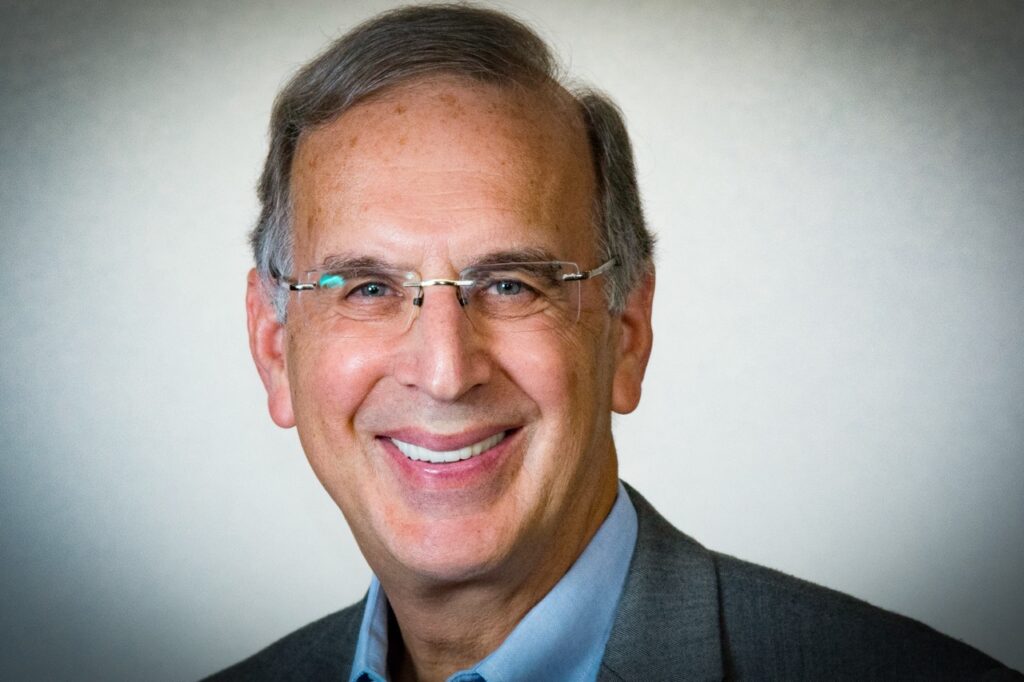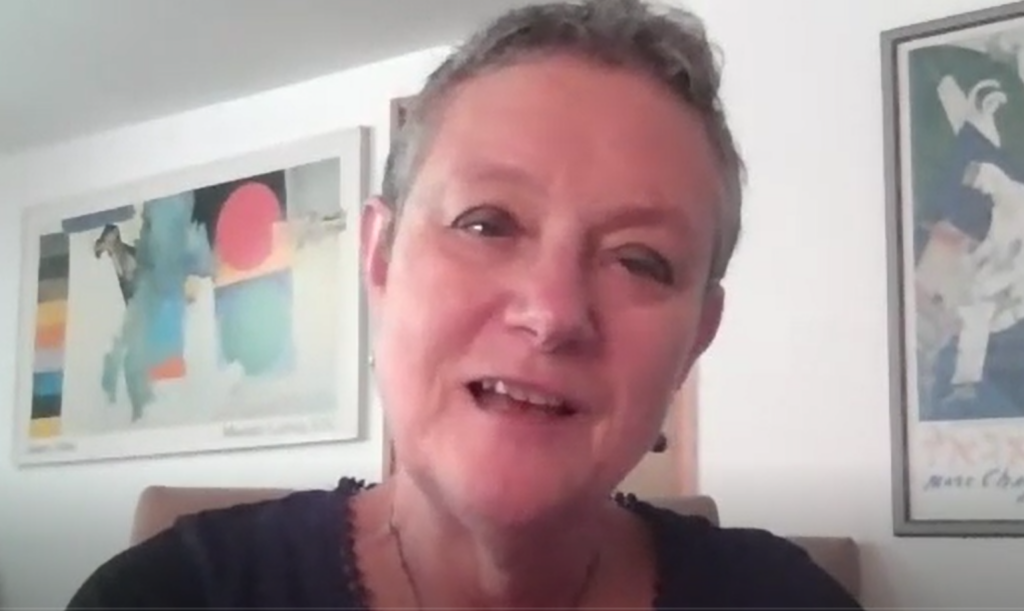The notion of living in two civilizations is rapidly being eclipsed in the 21st century by the notion of living in multiple civilizations, among them digital, global, multi-cultural, and multi-gender orientations.
From Earl Schwartz

Historical and Cultural Perspectives
Kwame Anthony Appiah’s work on identity, The Ethics of Identity, (in which he references Kaplan) is a very thoughtful commentary on these issues. Appiah’s analysis of social identities ultimately leads to an extended discussion of “rooted cosmopolitanism,” which draws on his own experience of being heir to and shaped by multiple identities. He concludes that to reduce the complexities of identity, in oneself and others, is to reduce the person. In this spirit, he ends the book with a proverb from his father’s Asante tradition, rendering a key word in Greek: “In a single πολις [polis] there is no wisdom.” How does “rooted cosmopolitanism” compare with “The American Jew will not be fifty percent Jew and fifty percent American, but 100 percent of each, for he will have achieved a synthesis in his own personality of whatever is valid in both the Jewish and American civilizations”?
Kaplan maintained that the improbable survival of the Jewish People, despite repeated encounters with dominating civilizations, should be understood in light of our having sustained a critical degree of devotion to principles that transcend survival for its own sake. The United States has long claimed a similar legacy – a nation, as Lincoln put it, born in liberation, and dedicated to an ethical proposition. How to engage this supersessional aspect of the American self-image from Kaplan’s perspective? Joseph Epes Brown characterized “the progressive weakening and occasional total loss” of language as “perhaps the greatest tragedy” to befall a people emmeshed in a dominant society. The waning significance of Hebrew among American and Canadian Jews would seem both a symptom and a source of this tragedy – but Epes Brown’s observation comes from his Spiritual Legacy of the American Indian. Sometimes, perhaps, we find it easier to recognize and acknowledge this tragedy among other peoples than we do among ourselves.
From Rabbi Sid Schwarz

Generational Considerations
I was quite enamored of Kaplan’s two-civilization concept when I was in my 20’s. It spoke to me very differently than it does now. My waning enthusiasm for the idea is a combination of how I have changed and how America has changed. I now see Kaplan’s argument as part of a line of thinking that was widespread in Jewish intellectual circles in the early 20th century to make an intellectual argument to justify why Jews belonged in America. There was a lot of that around. I often have quipped that the leaders of that school of thought were the KKKs: Mordecai Kaplan, Horace Kallen, and Milton Konvitz. There were others, of course. The argument was generational. It spoke well to my parent’s generation. They were both immigrants and the Jews who came to America had the same insecurities about their “place” here, similar to immigrants of all faiths and ethnicities who shared that experience. Even early in my rabbinate, I did not find the audiences I spoke to all that impressed by Kaplan’s argument. By the 1980’s, when I began my rabbinate, Jews were already quite comfortable with their place in America.
In Chapter One of my book, Judaism and Justice, I offer a very different take on the two-civilization idea. I argue that in an America that has done such a poor job of inculcating noble and ethical values to its citizens (which is even more abundantly clear today than when I wrote the book), we need to argue for a “Judaism as counter-cultural” to what America is. I offer a fuller case for this in the book.
A document about a future vision for the Reconstructionist movement made little mention of theology. At a time when the differences between the various streams of non-Orthodox Judaism are becoming increasingly difficult to distinguish, it is an enormous mistake to avoid speaking about the non-supernatural/religious humanist approach to theology that is at the very core of Kaplan’s teachings.
From Gail Shuster Bouskila

An Israel Perspective
Listening to the presentations and the reactions to them made me realize that I am STILL living in multiple civilizations in Israel. I will always be a Jew of multiple identities – an American, and of course a Reconstructionist. But now I am part of a minority group here: Liberal, non-Orthodox Israelis.
